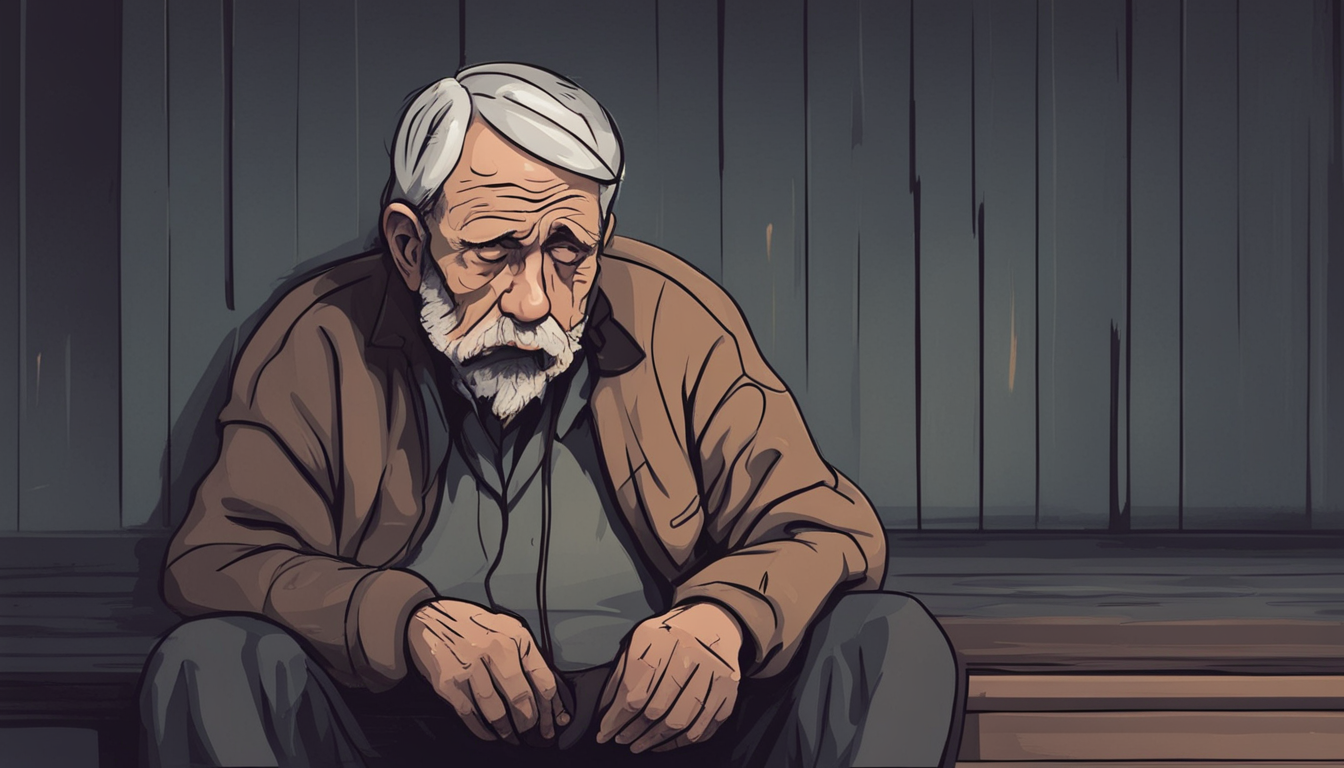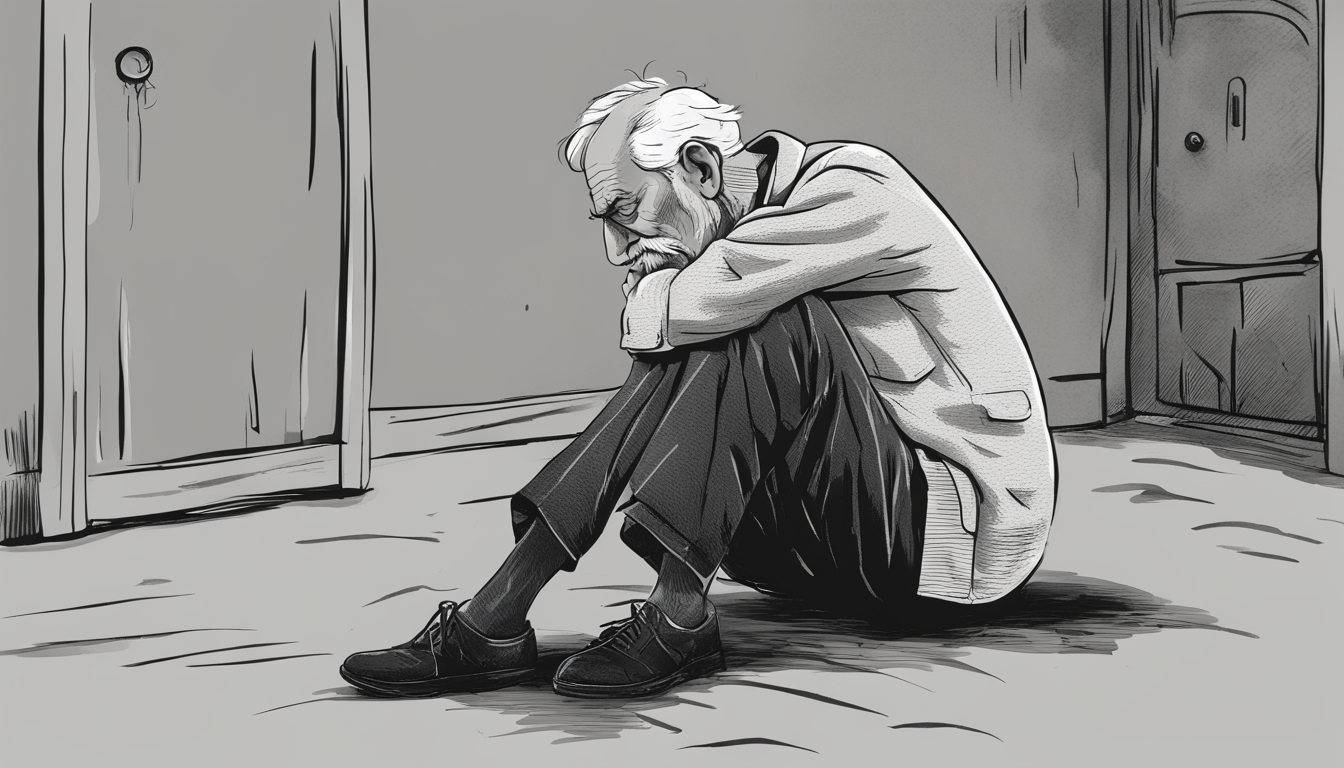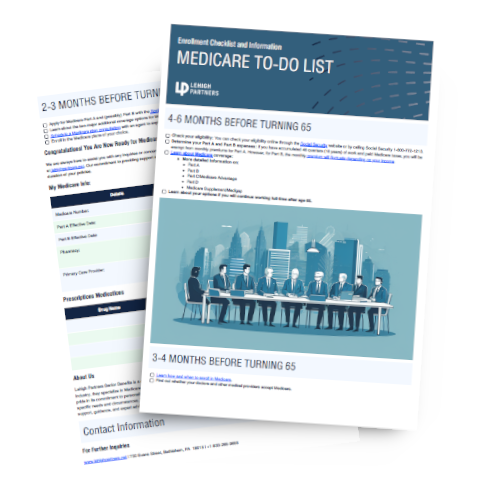Good mental health is crucial for a high quality of life, but there are still challenges in accessing support and treatment for mental illness. Mental illness is common, with one in five Americans experiencing it at some point in their lives. For older adults, the figure rises to one in four, and with a large aging population in the U.S., the number of older adults with mental health conditions is expected to double by 2030. Despite its prevalence, mental illness is often underdiagnosed and undertreated in older adults, with two-thirds not receiving the care they need.

Depression or severe anxiety are not normal occurrences during the aging process. In fact, they are indications of a medical condition that can be treated.
Negative stereotypes about aging, social stigmas around mental health, and practical barriers like living in rural areas or lack of transportation can all contribute to a lack of support for older adults. Risk factors for mental health issues in older adults include loss of a loved one, loneliness or social isolation, chronic illness or disability, retirement, certain medications, alcohol use or abuse, and stress related to caregiving.
Anxiety and depression are the most common mental health conditions affecting older adults, with 3-14% of older adults meeting criteria for an anxiety disorder. Symptoms of anxiety in older adults include excessive nervousness or fear, compulsive safety checks, avoidance of social situations and routine activities, and physical signs like headaches or gastrointestinal problems. Common types of anxiety disorders are panic disorder, obsessive-compulsive disorder, post-traumatic stress disorder (PTSD), phobias, and generalized anxiety disorder. Anxiety can be treated with therapy, medication, or a combination of the two.
Depression, defined by feelings of intense sadness or despair, affects over two million Americans aged 65 and older, with many experiencing anxiety as well. Symptoms of depression include loss of pleasure in daily activities, poor sleep, weight loss or gain, low energy, and difficulty focusing. Depression can limit a person's quality of life, physical recovery after illness, and increase their risk for suicidal thoughts and actions. Like anxiety, depression can be treated with medication and psychotherapy.

Bereavement, chronic illness, and caregiving pressures can all contribute to mental health disorders in older adults.
Risk factors for mental health problems in older adults:
- Loss of a loved one
- Loneliness and/or social isolation
- Chronic illness or disability
- Changes brought on by retirement
- Certain medications
- Alcohol use or abuse
- Stress of caregiving
Most common mental health problems for older adults:
- Anxiety
- Depression
Anxiety Symptoms:
- Feelings of excessive nervousness or fear
- Compulsive, repeated safety checks
- Avoiding social situations
- Avoiding routine activities
- Physical signs like shallow breathing, sweating, trembling, chest pains, headaches, gastrointestinal problems
Common Anxiety Disorders:
- Panic disorder
- Characterized by panic attacks or sudden feelings of terror that strike repeatedly
- Obsessive-compulsive disorder
- Suffering from repetitive, unwanted thoughts or rituals
- Post-traumatic stress disorder (PTSD)
- Nightmares, depression, and other persistent symptoms after a traumatic event
- Phobias
- Extreme fear of something that poses little real danger
- Generalized anxiety disorder
- Chronic, exaggerated worry about everyday activities
Affordable mental health care with Medicare:
Accessing affordable mental health care should not be hindered by concerns about health insurance costs, especially for older adults. Medicare offers coverage for a diverse range of mental health services, including screenings for mental illness, lab tests recommended by doctors, and visits with healthcare professionals such as doctors, psychiatrists, clinical psychologists, or clinical social workers. Part D coverage is available to help with the cost of medications needed to treat mental health conditions. For more information about mental health coverage under Medicare, it is advised to contact your plan provider.
If you or a loved one is experiencing symptoms of anxiety or depression, seeking care early is crucial. Online screenings and mental health services through Medicare help older adults access affordable care. If in crisis, the National Suicide Prevention Lifeline is available 24/7 by dialing or texting 988.
Sources
- National Institute of Mental Health. Mental Illness. Found on the internet at https://www.nimh.nih.gov/health/statistics/mental-illness
- Pan American Health Organization. Seniors and Mental Health. Found on the internet at: https://www3.paho.org/hq/index.php?option=com_content&view=article&id=9877:seniors-mental-health&Itemid=0&lang=en#gsc.tab=0
- Mental Health America. Anxiety in Older Adults. Found on the internet at https://www.mhanational.org/anxiety-older-adults
- Mental Health America. Depression in Older Adults: More Facts. Found on the internet at https://www.mhanational.org/anxiety-older-adults
- National Council on Aging, Mental Illness is Not a Normal Part of Aging. found on the internet at https://www.ncoa.org/article/mental-illness-is-not-a-normal-part-of-aging

